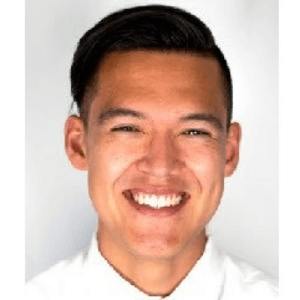Title : Machine learning can be used as an accurate tool to predict surgical outcomes regarding length of postoperative stay after patellar tendon repair
Abstract:
Purpose: The aim of this study is to determine if machine learning is an effective method to identify patients who may need a longer postoperative stay following a patellar tendon reconstruction.
Methods: The American College of Surgeons National Quality Improvement Program (ACS-NSQIP) was used to collect patients who underwent patellar tendon repair. Machine learning was then applied to determine features of importance in this patient population. Several algorithms were used: Random Forest, Artificial Neural Network, Gradient Boosting, and Support Vector Machine. These were then compared to ASA based Logistic Regression as a control.
Results: Random Forest (RF) was determined to be the best performing algorithm, with an AUC of 0.72, accuracy of 77.66%, and precision of 0.79, and recall of 0.96. All other algorithms performed similarly to the control. RF gave the highest permutation feature importance to age (PFI 0.25), BMI (PFI 0.19), ASA classification (PFI 0.14), hematocrit (PFI 0.12), and height (PFI 0.11).
Conclusions: This study shows that machine learning can be used as an accurate tool to predict surgical outcomes regarding length of postoperative stay. RF was found to be a better performing model than linear regression at determining patients predisposed to longer length of stay as determined by AUC. This supported the studies hypothesis that ML can provide a more advanced insight into management of patients undergoing patellar tendon repair than linear regression methods.
Clinical Relevance: Using the features of importance identified by RF can help optimize patient care and hospital resource management in cases of patellar tendon repair.
What will audience learn from your presentation?
(Try to list 3-5 specific items)
- The growing importance of machine learning as a tool for value-centered healthcare.
- Improving the surgeon’s ability to predict need for postoperative stay based on patient features.
- Learning how to optimize postoperative length of stay to lower financial burden and potential morbidity for patients




